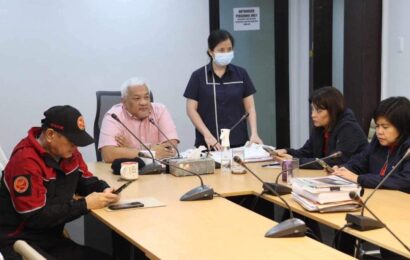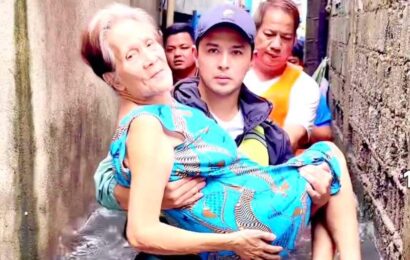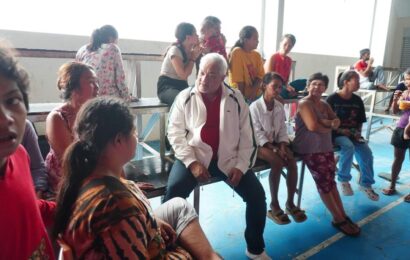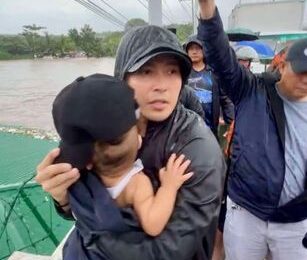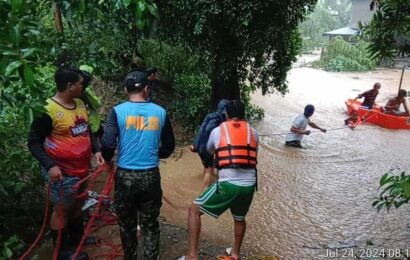Calls on PH Gov’t for a Response
Katribu Kalipunan ng Katutubong Mamamayan ng Pilipinas warmly welcomes the communication received from the six UN Special Rapporteurs on the promotion and protection of human rights and fundamental freedoms while countering terrorism.
Their focus on the right to freedom of opinion and expression, freedom of peaceful assembly and association, the situation of human rights defenders, the rights of Indigenous Peoples, and freedom of religion or belief is highly appreciated. We share their serious concern about the misuse of counter-terrorism measures, leading to undue restrictions on the legitimate activities of minority groups, human rights defenders, and political opponents.
The joint concern was directed toward the Philippine government on “allegations of judicial harassment, red-tagging, office raids, and targeted financial sanctions against religious groups, human rights, indigenous and humanitarian organizations, human rights defenders, Indigenous Peoples, journalists, and lawyers in the name of countering terrorism and terrorist financing.”
“We extend our sincere gratitude to the six UN Special Rapporteurs for addressing these incidents and concerns related to human rights in the Philippines. The joint statement arrives at a crucial time, offering additional protection as our assertion of rights and resistance against the government’s harmful policies is not only considered a crime but also as an act of terrorism,” says Beverly Longid, the national convenor of Katribu.
The Special Rapporteurs responded to information they received about the Philippine government’s use of laws in the name of countering terrorism, citing the Anti-Terrorism Act of 2020, the Terrorism Financing Prevention and Suppression Act of 2012, and Executive Order 68 of 2018, which led to undue judicial harassment of multiple organizations and individuals. Longid raises a poignant question, “How far can we exercise our rights when the government weaponizes laws to legitimize attacks against the people?”
The Rapporteurs specifically mentioned the case of the Cordillera Peoples Alliance (CPA), where its members, along with other human rights defenders, faced red-tagging, targeted financial sanctions, fabricated charges, and terrorist designation. “In 2023 alone, CPA leaders had their accounts frozen, were charged with baseless crimes, and were designated as terrorists. They were merely defending their rights to land, genuine development, and self-determination, yet the state harassed and attacked them,” expresses Longid.
The communication also addressed the case of the Rural Missionaries of the Philippines (RMP), whose members were falsely charged in 2022 with funding the Communist Party of the Philippines (CPP). Similar to the CPA, the Anti-Money Laundering Council (AMLC) ordered a freeze on their bank accounts in 2020 following the same allegations.
Katribu emphasizes the Special Rapporteurs’ reference to international human rights laws—the International Covenant on Civil and Political Rights (ICCPR), the UN Declaration on Human Rights Defenders, and the United Nations Declaration on the Rights of Indigenous Peoples (UNDRIP)—which the Philippine government has failed to adhere to.
“Indigenous Peoples commend the Special Rapporteurs for addressing President Bongbong Marcos concerning human rights violations under his administration. We urge the Marcos Jr. administration to acknowledge the Special Rapporteurs’ communication and follow their recommendations. We also call on the international community to continue monitoring the human rights situation in the country, especially concerning Indigenous and Moro Peoples,” concludes Longid.

